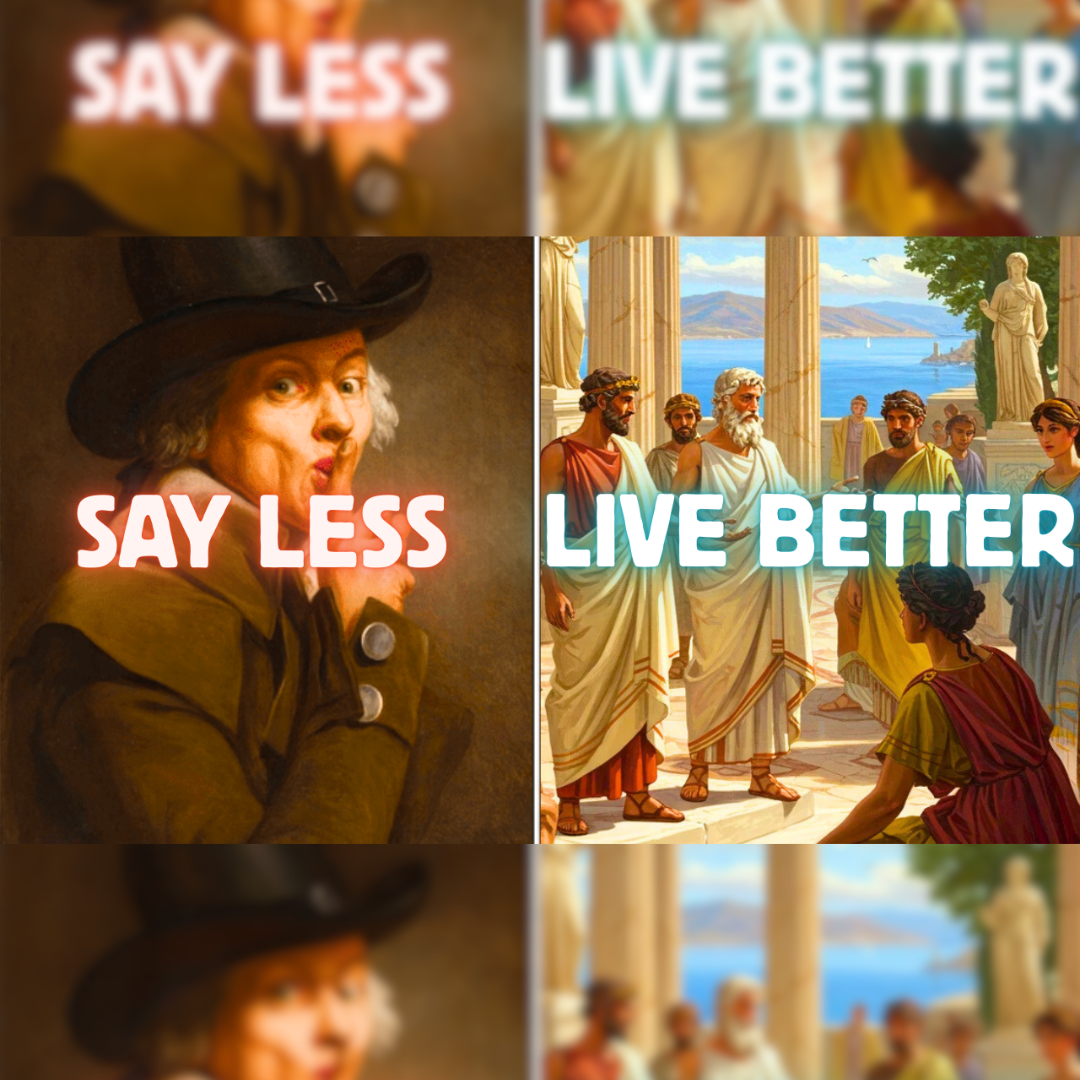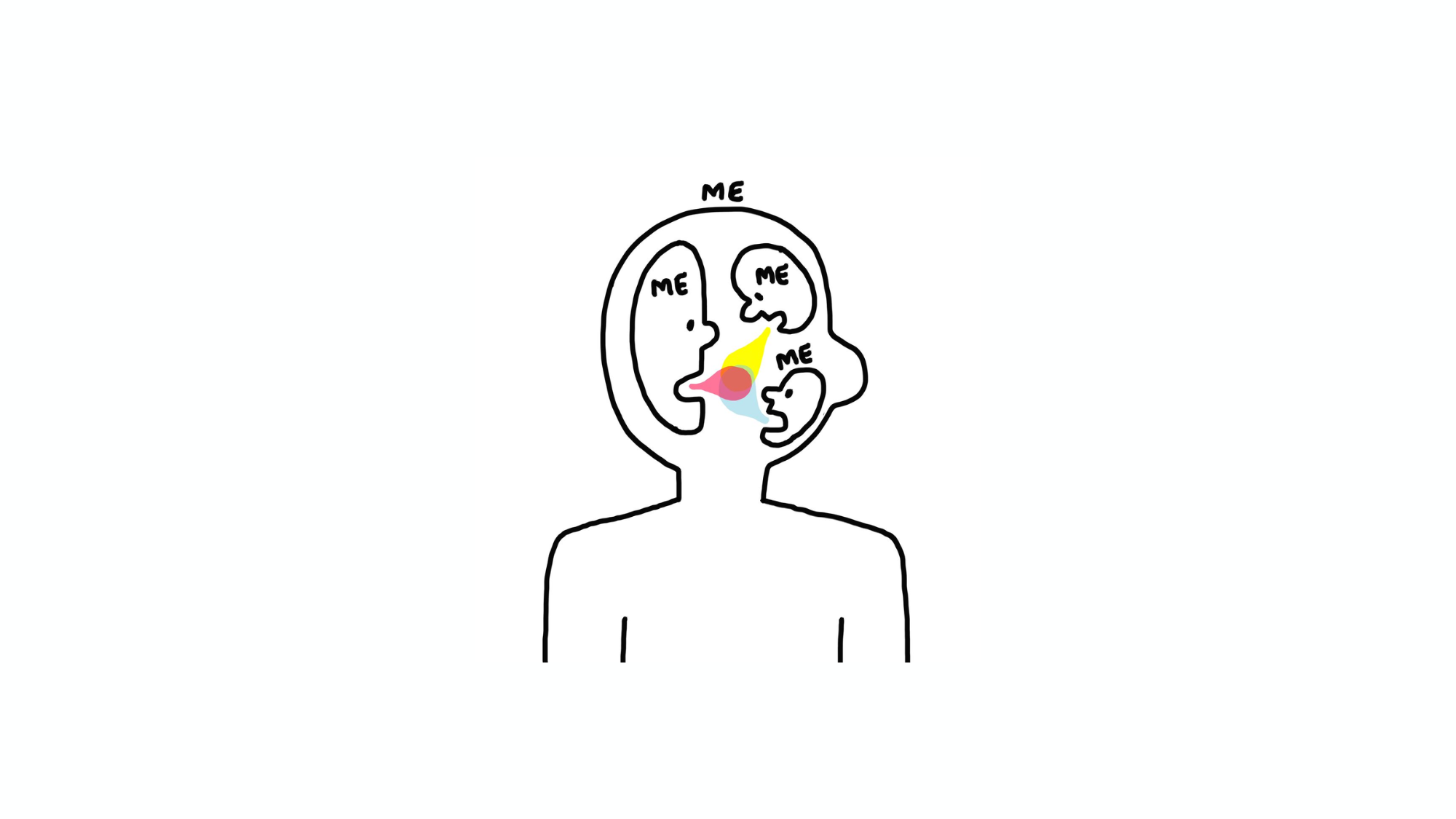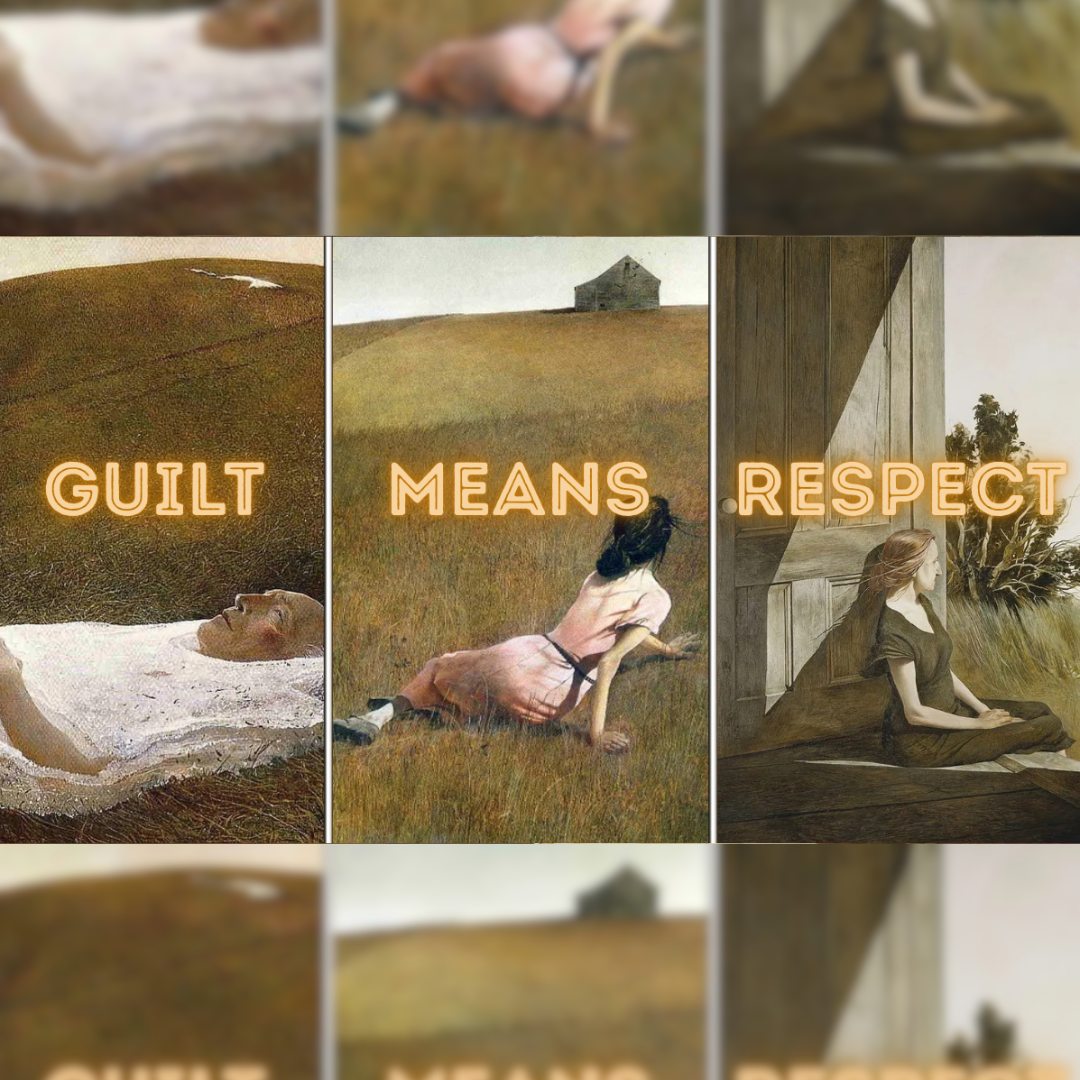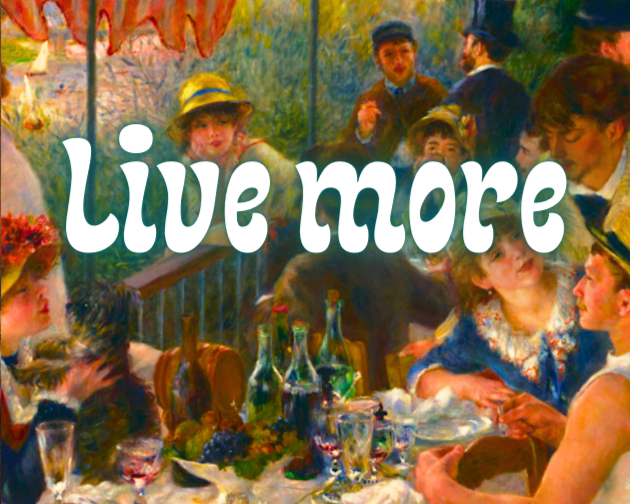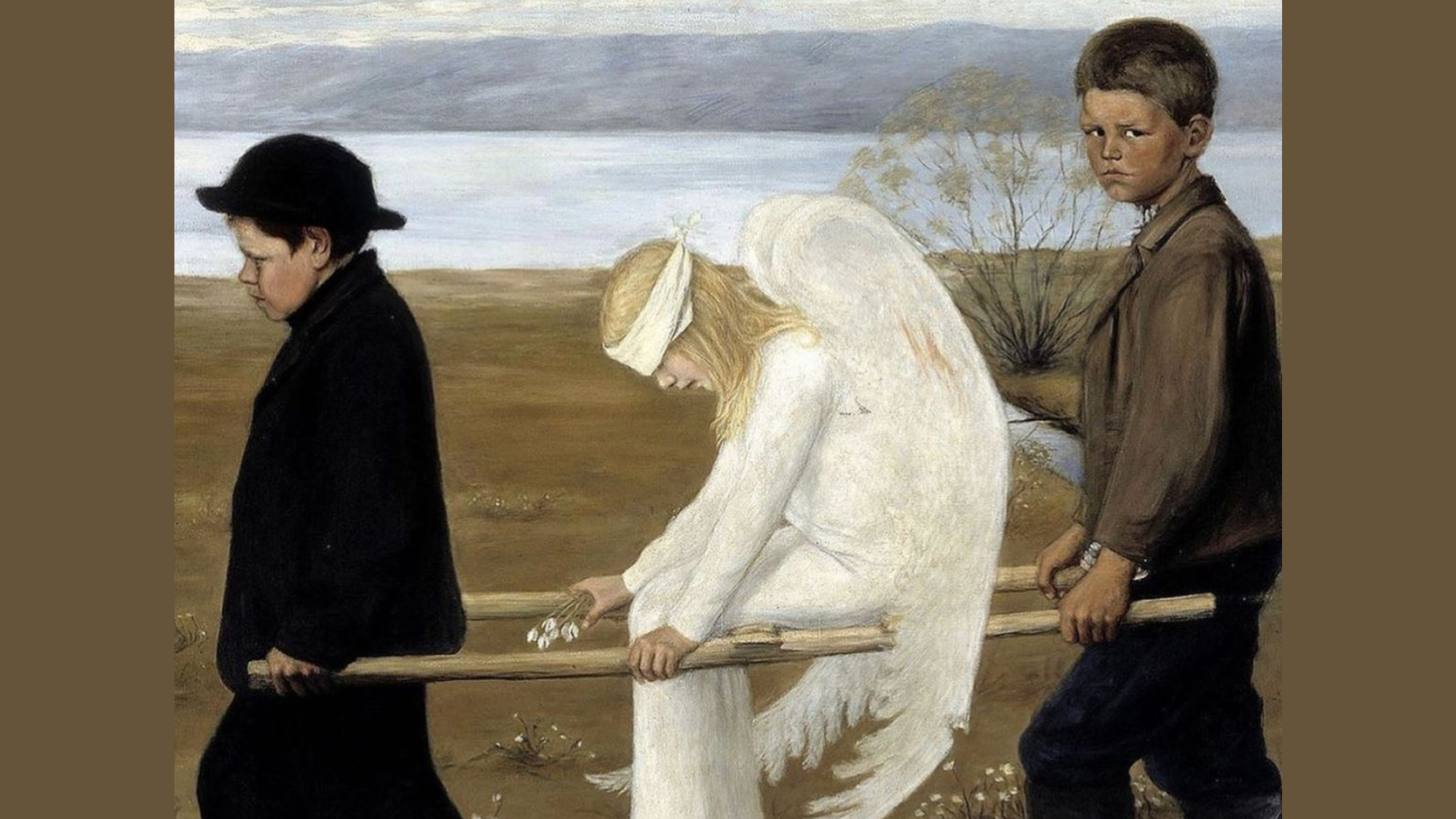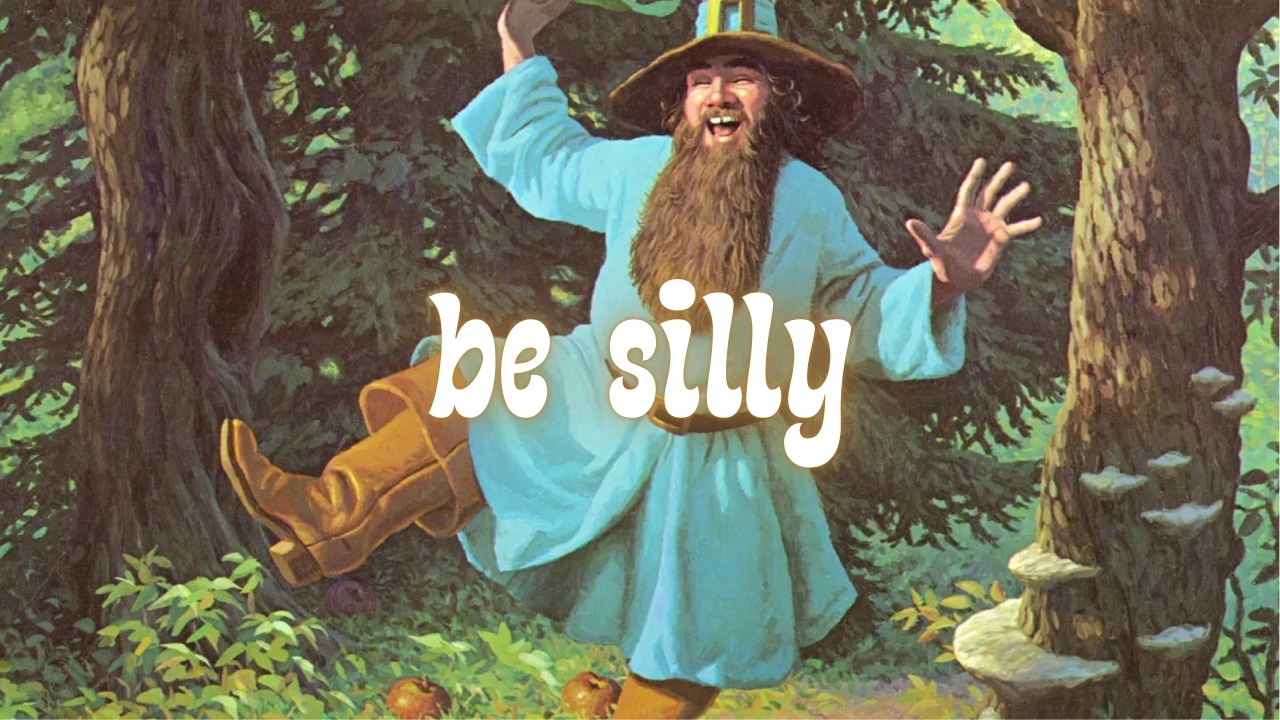

Make Other People Aware Of Your Ridiculousness (12 min read)
As we grow up and are propelled into the life of an adult, we are presented with a choice: stand aside from the crowd and face ridicule or merge with the group and join the culture of professionalism. Arguably, the latter is the more financially secure choice but with less freedom of expression.
To illustrate what I mean by the culture of professionalism, look to the environment of the workplace, where seriousness is viewed as being synonymous with competence. If you need convincing, consider the employer’s point of view. If they are looking for a manager, they do not want someone who is easy-going and playful as this will set a bad example that will trickle down to those beneath them on the hierarchy. A manager in training is encouraged to keep away from being too friendly with their juniors for this very reason as it blurs the lines between the two roles, that of a manager and of a friend, and it can lead to a slippery slope where the subordinate takes advantage of their boss’s light-heartedness, perceiving it as leniency.
Although there is logic to this thinking (especially if it is leant on too much), this 'give an inch, take a mile' outlook is too pessimistic of human nature and the cold approach can in fact produce an unintended disconnect between the junior and their boss.
If you choose to instead allow for the 'boss' mask to slip every now and then, your subordinates will appreciate you for being secure enough in yourself to be comfortable looking like a fool for a moment. It is motivating for them to see that even you are capable of moments of imperfection. Being vulnerable with them can even strengthen the relationship.
Of course, you shouldn't do this often enough that your judgement is called into question but small moments here and there can be a breath of fresh air.
Reveal your peculiarities
Let’s step out of this workplace context and explore what this means in the wider world. If we are unafraid to look ridiculous in our day-to-day lives, we are demonstrating that we are open to owning up to our peculiarities. This honesty demonstrates that you have a high degree of self-awareness as you recognise your flaws, making it easier for you to be self-critical without resorting to self-hatred when you fall short of the mark.
Not only this but, by vocalising to the ones who are close to you what your quirks are, you are warning them of the truth of your being: that more often than not you will get it right, but, occasionally, you will slip up. Being honest about your flaws will be appreciated by others and allows for a mutual understanding to grow about the errs of being human. It is therefore better to be honest and open, than to blindside people with your peculiarities.
If you do this in a comedic way and are, as the writer Alain De Boutton puts it "dryly funny on the tragedy of being human", your “melancholy” will come from the heart and be perceived as an authentic and noble sadness where “suffering and disappointment are at the heart”. [1]
In being cognisant of these inevitabilities of existence, you are accepting that loneliness and suffering are universal, instead of trying to avoid it. If you deny this universality, when you suffer heartbreak you will shut yourself off from others and feel like you are alone in your struggle. This will cause you to put on a mask to try to hide your sadness and insecurity. However, despite your best efforts, people will see through this fragile exterior and you will also feel it breaking before your eyes. There is a Paul Simon lyric which hits home at this point: “Losing love is like a window in your heart, everybody sees you’re blown apart”. [2]
If a spiteful individual spots your weakness that you are too insecure to admit to yourself, they will devour you and make it their mission to reveal it in front of others.
The French philosopher Albert Camus illustrates this vulnerability with an analogy of a person going into a lion’s cage with a fresh wound. He writes: “If, before going into the cage, he has the misfortune to cut himself while shaving, what a feast for the animals!” [3]
As the lion is a predator, they will prey on weakness and so too, a person with predatory intentions will latch onto any weakness that you inadvertently reveal.
If you experience being publicly shamed for your weaknesses that you try to conceal, the consequences of this insecurity can be severe. The likely result will be that you will close yourself off from others, strengthening your victim complex as a result with you believing that no one understands you and that everyone is out to get you. In other words, you are innocent and everyone else is guilty. To Camus we are all capable of this self-obsessive compulsion. As he writes:
We are all exceptional cases. We all want to appeal against something! Each of us insists on being innocent at all costs, even if he has to accuse the whole human race and heaven itself. [4]
Once you reject this victimhood, this idea of being “innocent at all costs’, and accept that there is no hiding and that what you are feeling is universal, you can begin to let people in again. In doing so, you will understand why it is better for all involved to laugh at the absurdity of our predicament, in order to bring some much-needed levity to others who are using the same defence tactics you used.
A powerful champion of this message was the late actor Christopher Reeves who, after living an exotic life of superstardom, suffered a near-fatal accident on a horse that left him paralyzed. Despite his misfortune, he learnt how laughing at his situation was the best therapy to get him through the day. His closest friend Robin Williams made him realise this; Robin’s silly nature helped Christopher snap out of his self-pity and laugh again.
The lesson I gleaned from Reeves’ story is:
Don't wallow in self-pity. Instead, discover the reason for your suffering, learn from it and laugh at it so your endurance can be an inspiration to others.
This is a different perspective than what Reeves used to have. Before his horrific accident, Reeves thought that a hero was someone who “commits a courageous action without considering the consequences”. However, after the accident, he realised that a hero is an "ordinary individual who finds the strength to persevere in spite of overwhelming obstacles", just like he had to do. [5]
Humour is the key
If the secret ingredient to overcoming obstacles is humour, then tapping into our own ridiculous side can be a highly effective way to pull ourselves out of wallowing in self-pity.
Unfortunately, being willing to look ridiculous without shame is a trait that is hard to come by in our society. But, this has always been the case even back in the 19th century, with the Russian writer Fyodor Dostoyevsky writing in The Brothers Karamazov:
Here you are not ashamed to confess to something bad and even ridiculous. And who will admit so much in these days? No one. And people have even ceased to feel the impulse of self-criticism. [6]
To consider whether this impulse of self-criticism would be a utopian ideal, imagine how well we would get along in a world where our politicians owned up to their shortcomings voluntarily!
Self-Criticism vs Self-Pity
Not feeling the impulse of self-criticism stands in direct contrast to the earlier idea of having an excessive amount of self-pity as, if you don’t criticise yourself and hate it when others critique you, you demonstrate that you lack the self-awareness to be humbled at all, believing your views are indisputable and warrant respect.
What we are dealing with here is a form of self-righteousness. This is the conviction that you can do no wrong and have it all figured out. Ultimately, this is an insecure mindset because instead of dealing with our imperfections, we attempt to lock them away by presenting a false front of certainty so we can feel surer in ourselves.
In other words, what we are doing is projecting seriousness and certainty so as to conceal our imperfect peculiarities. As we have previously found, hiding our true self is not sustainable and, unfortunately, the more we convince ourselves and others of this illusion, the less we believe it ourselves and the more others can see through the façade.
If we do not check ourselves and consider that we may be wrong, we will remain stuck in our ways, leaving no room to grow beyond our rigid opinions. This is the main pitfall we make as we grow old, as our beliefs get more and more solidified and it becomes more difficult to see others’ points of view.
This warning against certainty also appears in Robert Harris's recently adapted book Conclave. The Dean of the Cardinals addresses his equals, reminding them about what often gets lost in the dogma and rigidity of religion:
My Brothers and Sisters, let me tell you that the one sin I have come to fear more than any other is certainty. Certainty is the great enemy of unity. Certainty is the deadly enemy of tolerance. Even Christ was not certain at the end. 'My God, my God, why have you forsaken me?' Our faith is a living thing precisely because it walks hand in hand with doubt. If there was only certainty, and if there was no doubt, there would be no mystery, and therefore no need for faith. [7]
If uncertainty is how we maintain the mystery of life and keep our arrogance in check, then the willingness to be humorous and embrace looking ridiculous is how we can keep the mysterious light of life alive.
If we find ourselves getting too caught up in being righteous, the next time you are complimented for an achievement, refuse credit and play it off with humour.
A way in which we can retain our humour and self-criticism is by resisting taking credit when you are being showered with flattery. To quote Dostoyevsky again, “nothing [in this world is] easier than flattery”, and with its abundance comes a temptation to hoard it in order to boost yourself up to dizzying heights of self-adulation. [8]
Instead of getting drunk on these complements, the most admirable thing would be to pass the praise onto another person who helped you, whilst having the self-awareness to laugh at yourself simultaneously. This demonstrates that your humble, humorous side is still intact and hasn’t given way to serious feelings of self-grandeur.
In doing so, you are embracing your ridiculous nature, preventing your arrogance from growing. As the French philosopher Michel de Montaigne remarked, “if you sit on the highest throne in the world, you’re still sitting on your ass.” [9]
Of course, this shouldn’t be taken to the extreme of self-flagellation where you are repeatedly talking down to yourself in front of others, as a situation could become awkward very quickly. The point is to lean into ridiculousness in the moments where self-praise seems most appealing i.e. when you are being credited for more than what is warranted. In doing so, you are preventing yourself from getting swept up by the compliment, relieving yourself of the rigidity that seriousness brings in favour of the levity of silliness. This demonstrates to others that you are humble without devaluing yourself. Having humility is the ultimate goal as it makes you empathetic for others less fortunate than you and even makes you sorry for the greedy, seeing their selfishness as unfulfilling. Opting for pity is the right approach rather than choosing to waste energy resenting the wealthy.
The Power of Humour in Dispelling Fears
Humour also has the potential to disarm your greatest fears as it cuts through the walls you are putting up to block them out. This is what J.K Rowling likely intended in Harry Potter with the spell "Riddikulus" which was used in an exercise where a shape-shifting entity would transform into their greatest fear. Provided they uttered the spell with courage when face-to-face with the entity and imagined it in a ridiculous way, its comical form would serve to disarm the seriousness of the fear.
The rejuvenating power of humour is also appreciated by kings of the past who employed court jesters to make fun of them and the realm. The jester in their 'off-limits' approach would tease the upper classes for their hypocrisies, in turn subverting the norm and shedding light on the true state of the people. The benefit of this for the king was that it would give them an honest perspective of the lower classes, encouraging new ways for the king to bring balance between the classes. Therefore, humour brings wisdom.
To quote Michel de Montaigne again:
The surest sign of wisdom is constant cheerfulness. [10]
Tapping into your playful side and being cheerful is the key to a happy life as it means you are always tickled by the absurdity of existence. This prepares you for the unpredictable variables that life throws at you. In other words, constant cheerfulness can help one to laugh at their bad luck and avoid taking things too seriously.
This notion is supported by Nietzsche who went as far to say that "he would really allow [him]self to order the ranks of philosophers according to the rank of their laughter... God's delight in making fun: even where sacred actions are concerned, it seems they cannot stop laughing”. [11]
This echoes what Robin taught the actor Christopher Reeves: that nothing is too serious or sacred where laughter cannot help lift the mood. Even funerals could do with a bit more colour both aesthetically and tonally; it should be more of a celebration of their life. Of course, I’m not suggesting to go into a funeral you haven’t been invited to and wreak havoc, but we should remember the ones we have lost with good memories so as to keep their spirit fresh in our minds to inspire us to keep laughing at our ridiculous fallible nature.
Closing Thoughts
In conclusion, if we lean into our ridiculous side over seriousness, we hold onto our humility, laughing at our shortcomings instead of taking more credit than is warranted. Provided we don't use it as a defence mechanism and it is done at the right time, revealing our flawed nature in a humorous way endears us to others as it takes honesty and courage to reveal your imperfections. This will be greatly appreciated by others and will help strengthen your connection to your loved ones. Also, if we shine a ridiculous light onto our greatest fears, it has the power to disarm them, snapping you out of the grip of the unknown monster you have created in your mind and the masks you present to others.
Thanks for reading,
Brandon,
Newel of Knowledge Writer
Sources:
[1] Alain De Boutton - School of Life, Introduction
[2] Paul Simon – Graceland
[3&4] Albert Camus – The Fall Pg 280-281
[5] Christopher Reeves - Super/Man Documentary
[6] Fyodor Dostoyevsky - Brothers Karamzov Pg 625
[7] Robert Harris – Conclave
[8] Fyodor Dostoyevsky – Crime and Punishment
[9& 10] Michel de Montaigne - The Complete Works: Essays, Travel Journal, Letters VS 161C
[11] Friedrich Nietzsche - Beyond Good and Evil Pg 294
tHURSDAY'S THERAPY
Join 10,000+ improving their mental health & social skills 1 Thursday newsletter at a time
Happy to have you here!
try refreshing the page and trying again!



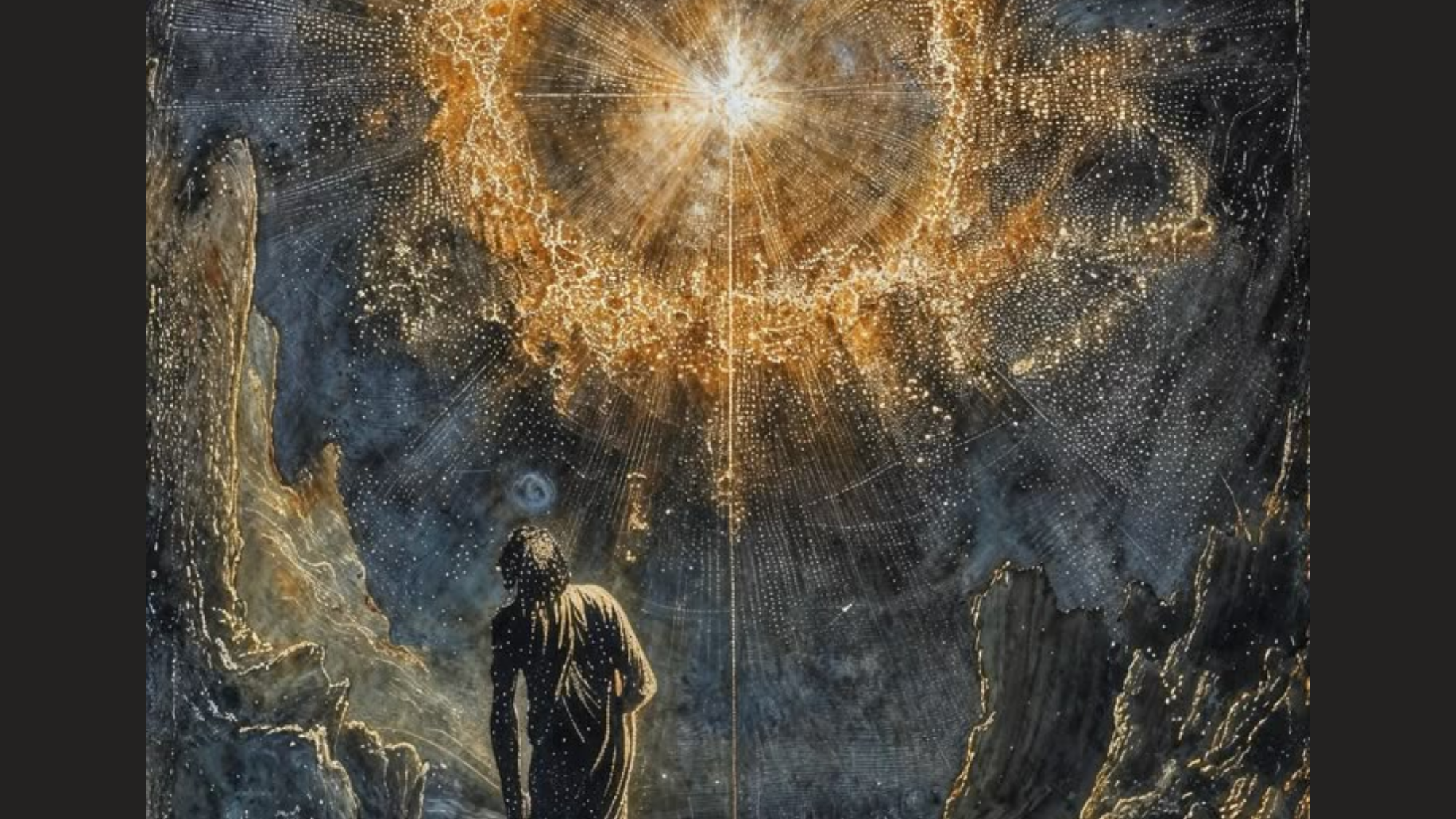
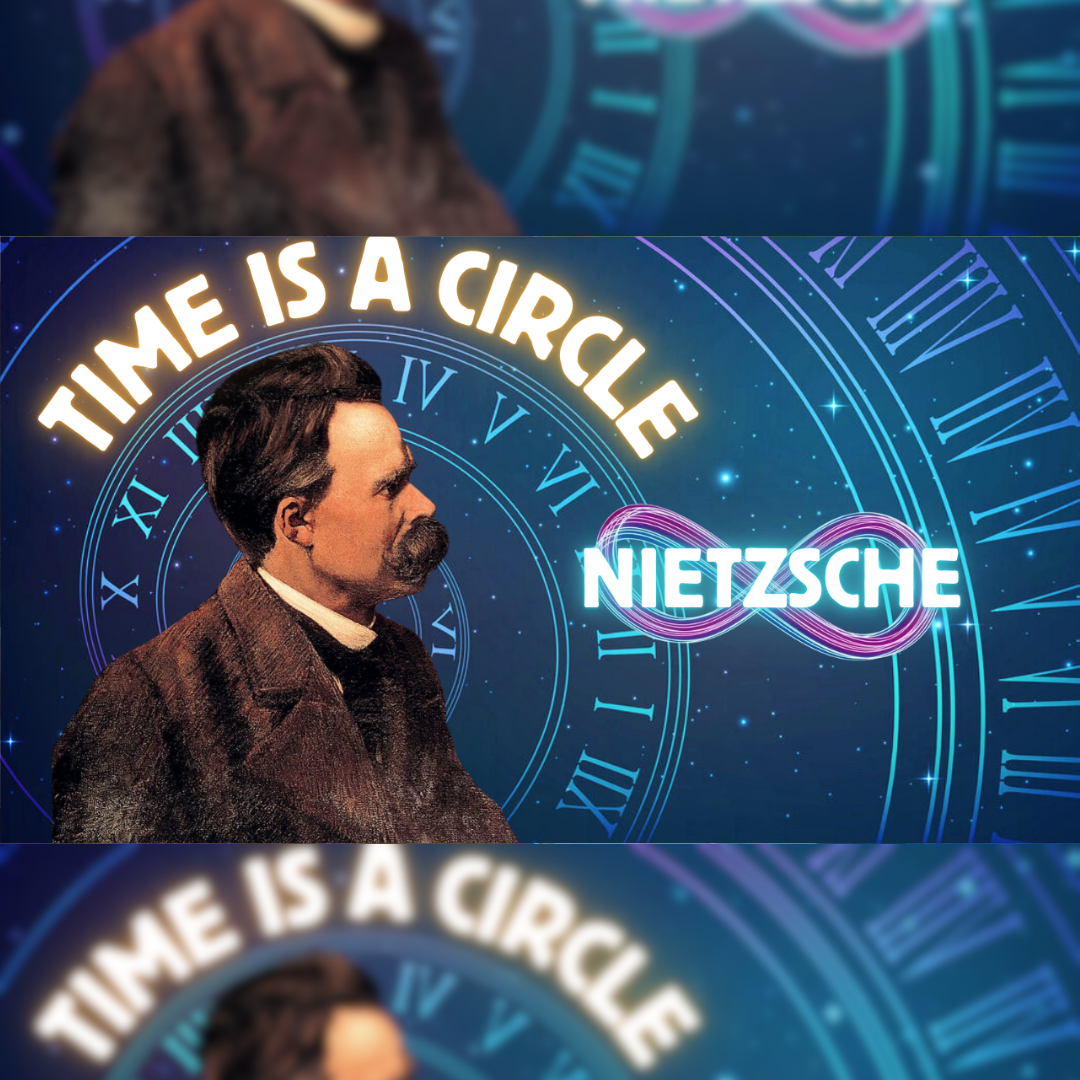
.png)
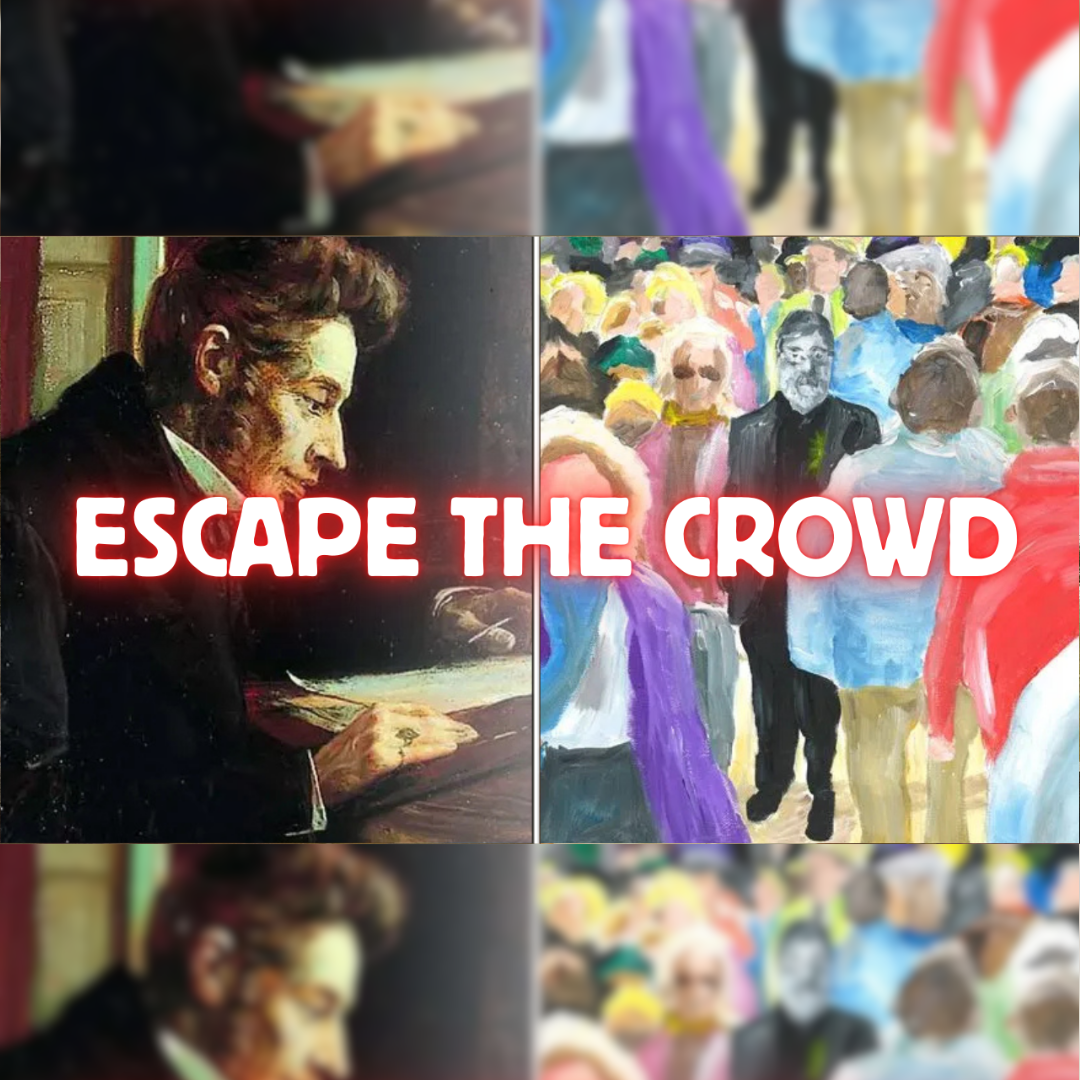
.png)
